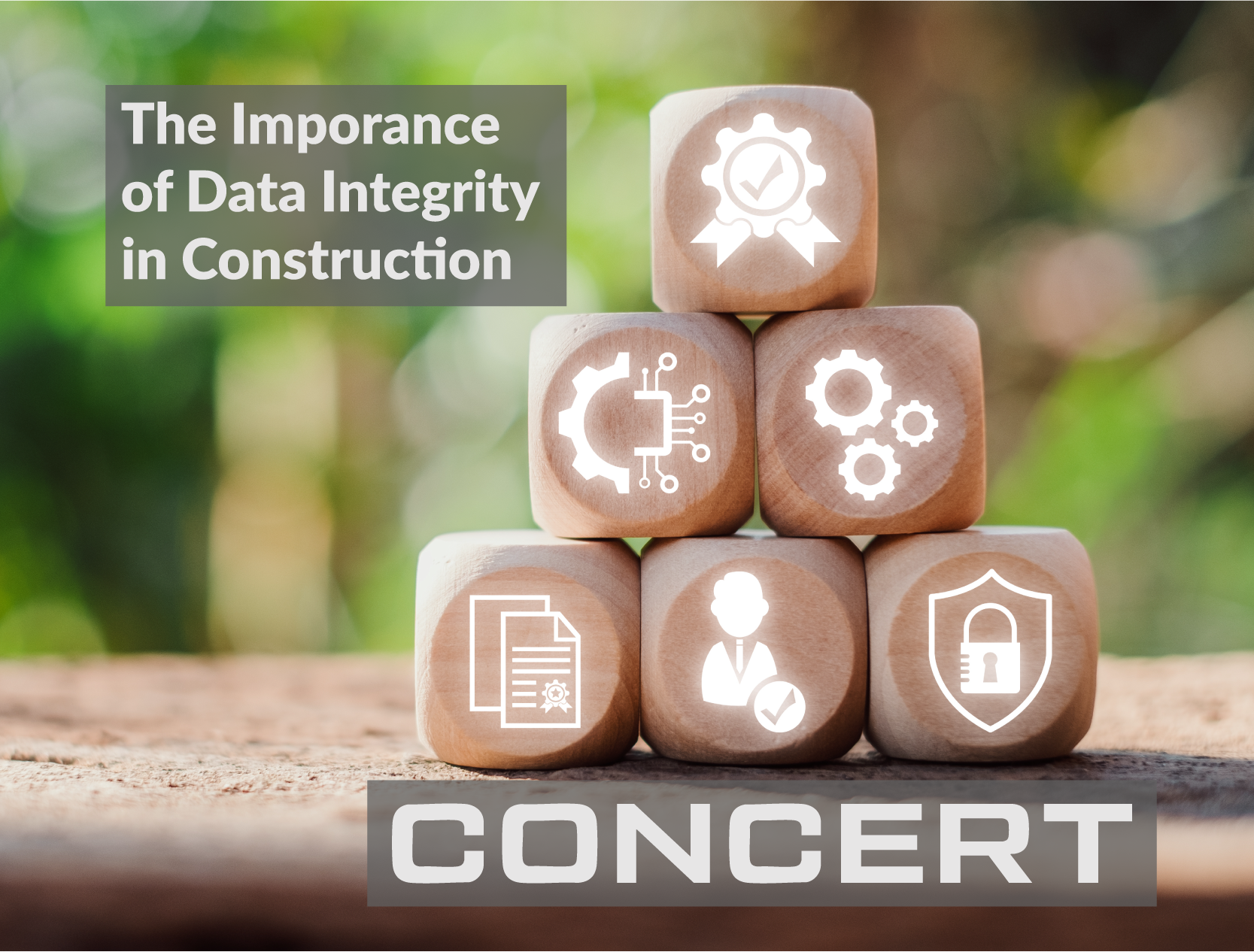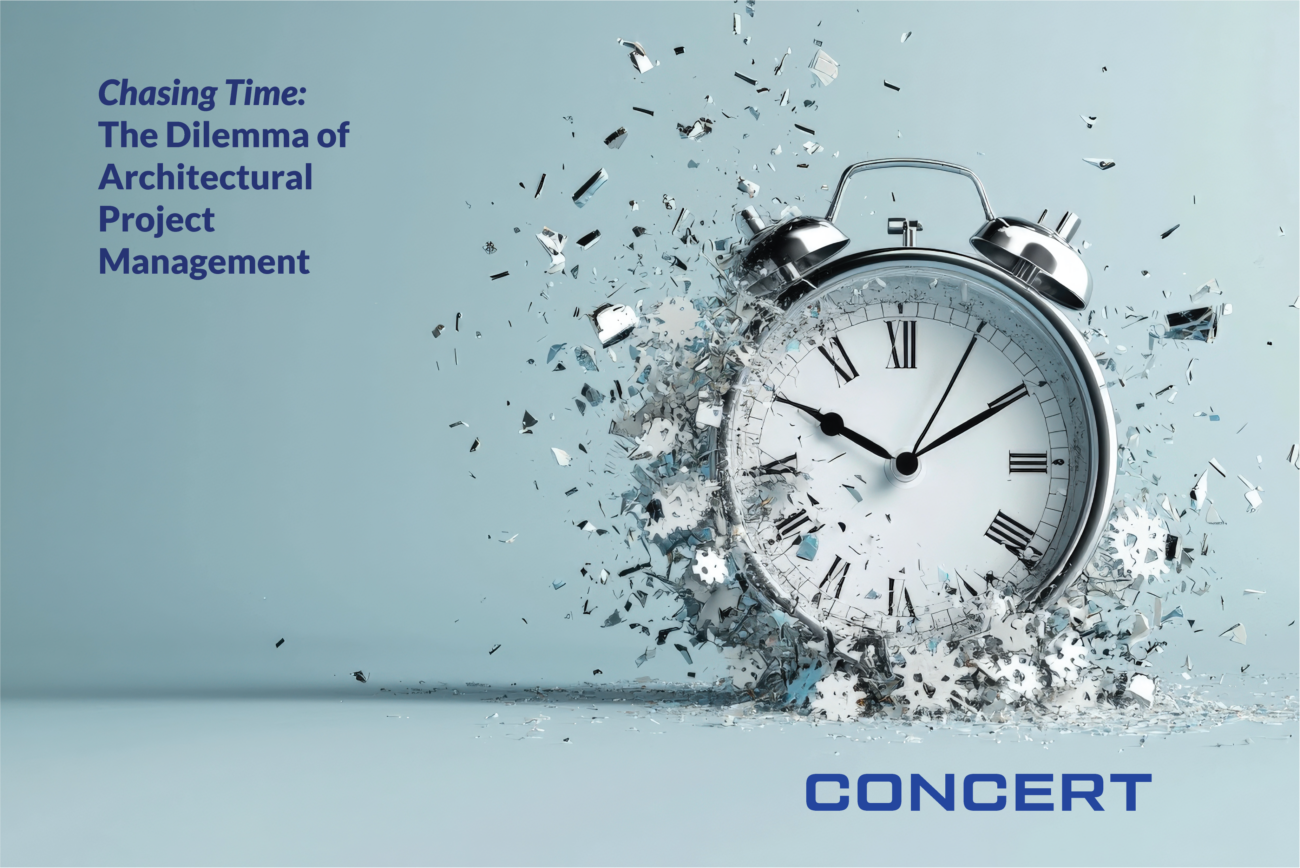In the construction industry, bad data costs an estimated $1.84 trillion annually. Fourteen percent of all global rework is directly linked to errors from bad or incomplete data. Moreover, another hidden cost is often overlooked: uncertainty. When teams search for reliable information or verify accuracy, they waste time, delay critical decisions and increase project costs. Therefore, maintaining data integrity is essential in a sector where inefficiencies can multiply quickly.
What Is Data Integrity?
Data integrity refers to the accuracy, consistency and reliability of data over its lifecycle. For construction teams, this ensures stakeholders—from architects to subcontractors—can validate the correct version of plans, schedules, and updates without conflicts. To achieve this trust, a centralized system, known as a Single Source of Truth (SSOT), is required. However, several challenges make this difficult:
- Printed Data: Despite best efforts, teams still print data, which creates discrepancies with digital records.
- Proprietary Systems: Many data files are consumed by cloud-based systems, which detach them from the SSOT.
- Ownership Conflicts: Ownership often grants access and removal rights, leading counterparties to maintain parallel copies that undermine the SSOT.
The High Cost of Data Uncertainty
Beyond direct costs, uncertainty in data management disrupts workflows. For example, recent studies reveal:
- Thirty percent of respondents reported that more than half of their data is inaccurate or incomplete.
- Poor project data contributes to one-third of all bad decisions.
- Seventy-five percent of leaders face an increasing need for rapid decisions, but only 12% have formal data repair strategies.
Consequently, these issues waste time, misalign teams and hurt outcomes.
Why a Single Source of Truth Matters
Although an SSOT remains an ideal for many, Concert offers a practical alternative: a common digital exchange. This system may or may not store the files but always provides an immutable record of agreed-upon legitimate files. Key features include:
- Immutable Validation: A tamper-proof public ledger ensures that files are validated.
- Version Control for Printed Data: Concert’s CR code adds version control to printed materials.
- Decentralized Trust: Stakeholders verify file authenticity without owning the SSOT, which reduces conflicts.
Real-World Impacts of Data Integrity
Consider a $1 billion project. Bad data could lead to $165 million in losses, including $7.1 million tied to avoidable rework. By using Concert’s system, teams can improve data integrity and reduce losses significantly, even with modest gains.
Conclusion: Building on a Foundation of Trust
As construction embraces digital and data-driven practices, data integrity becomes increasingly critical. Systems like Concert not only reduce costs but also enable smarter and faster collaboration. Furthermore, by addressing SSOT challenges, Concert empowers teams to trust data and streamline workflows. In construction, where margins are tight, trusted data can make all the difference.





